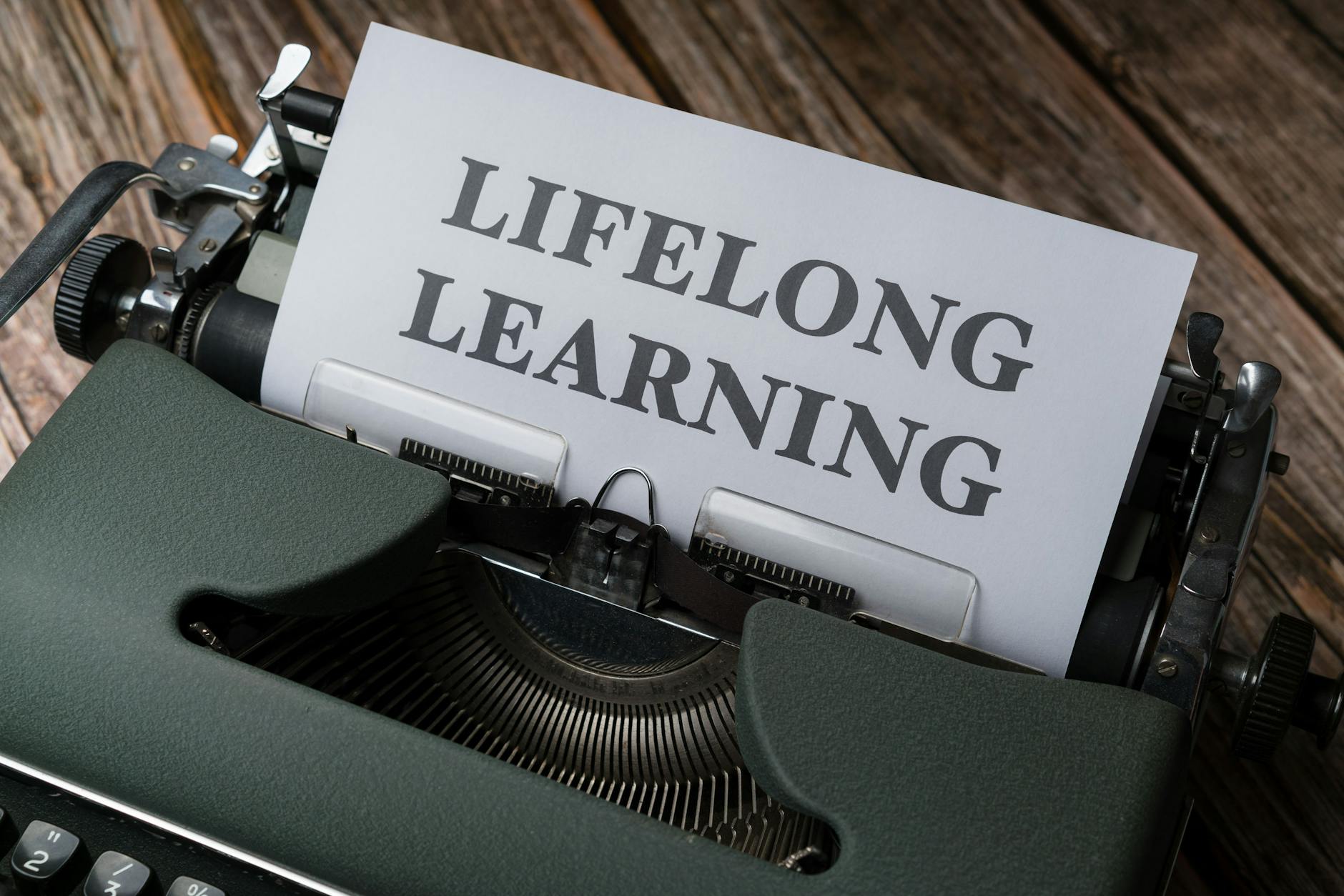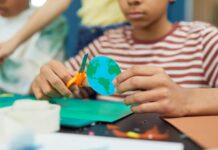
Lifelong Learning: The Path to Continuous Personal Growth
Lifelong learning is essential for personal growth, professional development, and overall well-being. In this article, we’ll explore the concept of lifelong learning, its significance in today’s rapidly changing world, the benefits of embracing lifelong learning, and practical strategies for incorporating lifelong learning into daily life to foster continuous personal growth and fulfillment.
Introduction to Lifelong Learning and Its Significance
Lifelong learning refers to the ongoing process of acquiring knowledge, skills, and experiences throughout one’s life, beyond formal education. It involves a commitment to curiosity, self-improvement, and intellectual exploration, as well as a willingness to adapt to new ideas, challenges, and opportunities. Lifelong learning is essential in a rapidly evolving world, where the pace of change requires individuals to continuously update their skills and knowledge to remain relevant and competitive.
Understanding the Concept of Lifelong Learning
Lifelong learning encompasses various forms of learning, including formal education, informal learning experiences, self-directed study, and professional development activities. It involves seeking out new knowledge and experiences, reflecting on one’s learning journey, and applying insights and skills to real-world challenges and opportunities. Lifelong learning is a mindset and a commitment to personal growth and development that transcends traditional educational boundaries.
The Benefits of Embracing Lifelong Learning
Embracing lifelong learning offers numerous benefits, including:
- Personal growth: Lifelong learning fosters intellectual curiosity, creativity, and self-awareness, leading to continuous personal growth and self-improvement.
- Professional development: Lifelong learning enhances career prospects, job satisfaction, and professional competence by expanding skills, knowledge, and capabilities.
- Adaptability: Lifelong learning equips individuals with the flexibility and resilience to adapt to changing circumstances, embrace new technologies, and navigate complex challenges.
- Social connection: Lifelong learning promotes social engagement, collaboration, and community involvement, fostering connections with others who share similar interests and passions.
- Lifelong fulfillment: Lifelong learning enriches life experiences, enhances well-being, and promotes a sense of purpose and fulfillment throughout all stages of life.
Strategies for Incorporating Lifelong Learning into Daily Life
Cultivating Curiosity and Open-mindedness
Develop a curious mindset by asking questions, seeking out new experiences, and challenging assumptions and beliefs. Stay open-minded and receptive to new ideas, perspectives, and opportunities for learning and growth.
Setting Learning Goals and Priorities
Identify your learning goals and priorities based on your interests, passions, and aspirations. Break down larger goals into smaller, achievable steps, and create a learning plan or schedule to keep yourself accountable and motivated.
Exploring Diverse Learning Opportunities
Explore diverse learning opportunities, including online courses, workshops, seminars, books, podcasts, and community events. Be proactive in seeking out learning resources and experiences that align with your interests and goals.
Leveraging Technology and Resources
Take advantage of technology and digital resources to access learning materials, connect with experts and peers, and participate in virtual learning communities and platforms. Use online tools and apps to organize and track your learning progress.
Building a Supportive Learning Environment
Surround yourself with supportive peers, mentors, and role models who inspire and encourage your learning journey. Engage in discussions, collaborations, and networking opportunities to share knowledge, exchange ideas, and learn from others.
Conclusion
Lifelong learning is the key to continuous personal growth, professional development, and lifelong fulfillment. By embracing a mindset of curiosity, self-improvement, and intellectual exploration, individuals can reap the benefits of lifelong learning throughout all stages of life, enriching their experiences, expanding their horizons, and fulfilling their potential.
Creating Healthy Boundaries: Nurturing Self-Respect and Relationships
Building Resilience: Bouncing Back Stronger from Adversity
The Power of Adaptability: Thriving in Times of Change
Managing Stress: Techniques for Maintaining Calm and Composure
The Impact of Personal Branding: Crafting Your Image for Success
FAQs (Frequently Asked Questions)
1. What is lifelong learning, and why is it important?
Lifelong learning refers to the ongoing process of acquiring knowledge, skills, and experiences throughout one’s life, beyond formal education. It is essential because it fosters personal growth, professional development, adaptability, social connection, and lifelong fulfillment in a rapidly changing world.
2. How can lifelong learning benefit individuals?
Embracing lifelong learning offers numerous benefits, including:
- Personal growth and self-improvement
- Enhanced career prospects and professional competence
- Flexibility and resilience in adapting to change
- Social engagement, collaboration, and community involvement
- Lifelong enrichment, well-being, and fulfillment
3. How can I incorporate lifelong learning into my daily life?
You can incorporate lifelong learning into your daily life by:
- Cultivating curiosity and open-mindedness
- Setting learning goals and priorities
- Exploring diverse learning opportunities
- Leveraging technology and resources
- Building a supportive learning environment with peers, mentors, and role models
4. What are some examples of lifelong learning opportunities?
Lifelong learning opportunities include online courses, workshops, seminars, books, podcasts, community events, and professional development activities. These resources offer a wide range of subjects and formats to suit individual interests, preferences, and learning styles.
5. How can I stay motivated and accountable in my lifelong learning journey?
To stay motivated and accountable in your lifelong learning journey, consider setting specific learning goals, creating a learning plan or schedule, tracking your progress, celebrating achievements, seeking support from peers and mentors, and reflecting on your learning experiences to stay engaged and committed.






















